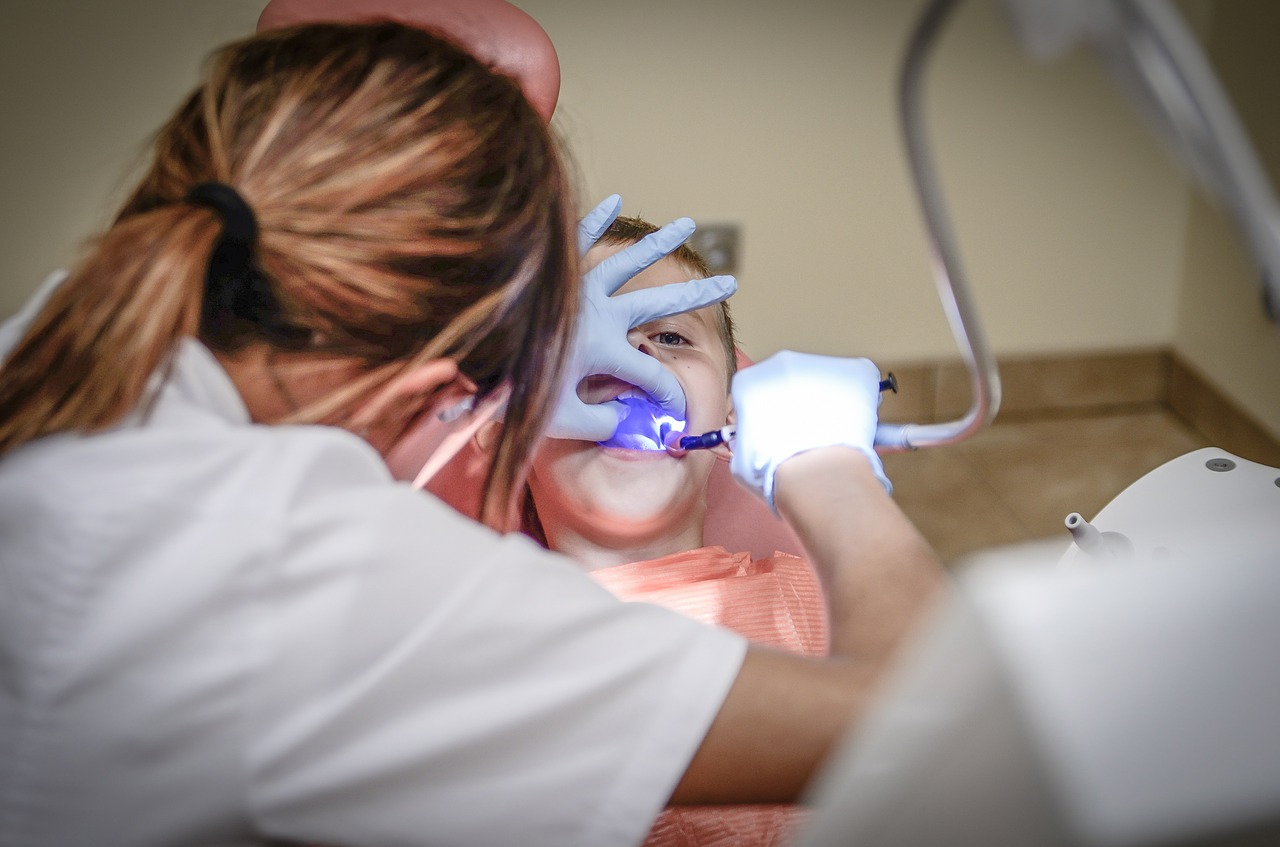Dental veneers are a common dental procedure that is used to rectify some dental defects. Some of these defects include discolored teeth, fixing gaps and crooked teeth. With the recent technological advancements in this field, veneers are capable of giving you a more natural look. Here are a few things to know about veneers.
How dental veneers function and mode of application
Ideally, dental veneers are designed to conceal teeth imperfections. Over the decades,  veneers have undergone through modifications to give your teeth a more natural look. The current veneers are made of porcelain. This material has many advantages. One it is not prone to staining. Two, it appears more natural because it has a light-reflecting property. Essentially, it is important to note that having dental veneers is not a one-day activity. You will have to visit your dentist at least two times before you have your veneers fixed.
veneers have undergone through modifications to give your teeth a more natural look. The current veneers are made of porcelain. This material has many advantages. One it is not prone to staining. Two, it appears more natural because it has a light-reflecting property. Essentially, it is important to note that having dental veneers is not a one-day activity. You will have to visit your dentist at least two times before you have your veneers fixed.
Consultation and preparation
During the consultation stage, your dentist will determine if this is the most appropriate procedure for you. Once he or she has ascertained you are fit for the procedure, you move to the next stage that is preparation.
During preparation stage, the dentist will work on removing some enamel to allow fixing of the veneer. The dentist will later take an impression of your teeth to have a replica of the same. Once this is done, the veneers are fixed using an adhesive
Candidates for veneers
 As stated earlier, individuals with gaps, cracks, chipping and uneven teeth qualify for this dentistry procedure. Besides, if you have colored teeth and you wish to have them concealed, denver veneers can work for you. Also crucial to note is that people with missing teeth, grind teeth and teeth that have been weakened by fractures, large fillings and decay do not qualify to have veneers.
As stated earlier, individuals with gaps, cracks, chipping and uneven teeth qualify for this dentistry procedure. Besides, if you have colored teeth and you wish to have them concealed, denver veneers can work for you. Also crucial to note is that people with missing teeth, grind teeth and teeth that have been weakened by fractures, large fillings and decay do not qualify to have veneers.
Veneers care
Veneers are fragile. Therefore, if you do not accord them proper care, you can be sure of visiting your dentist sooner than you expected. Some of the things you have to avoid are biting nails, taking ice, hard objects and chewing pencils. It is also key to practice good oral hygiene procedures such as brushing teeth and flossing to minimize chances of decay. Lastly, have regular check-ups. With such, your dentist will rectify any problem noted. Consequently, you will have your veneers flawless and stable for a longer period.…




 An unhealthy vagina makes sexual experiences unpleasant. This could be devastating for a relationship and sometimes dangerous as there is the risk of passing on diseases. Some problems during sex are sometimes because of poor care practices. It may seem far-fetched but basic practices like wearing the right underwear, changing tampon regularly, and using the right shaving techniques go a long way in keeping the vagina in a good state. Subsequently, a vagina in good health experiences sexual pleasure without any limitations, thus a fulfilled sex life.
An unhealthy vagina makes sexual experiences unpleasant. This could be devastating for a relationship and sometimes dangerous as there is the risk of passing on diseases. Some problems during sex are sometimes because of poor care practices. It may seem far-fetched but basic practices like wearing the right underwear, changing tampon regularly, and using the right shaving techniques go a long way in keeping the vagina in a good state. Subsequently, a vagina in good health experiences sexual pleasure without any limitations, thus a fulfilled sex life.